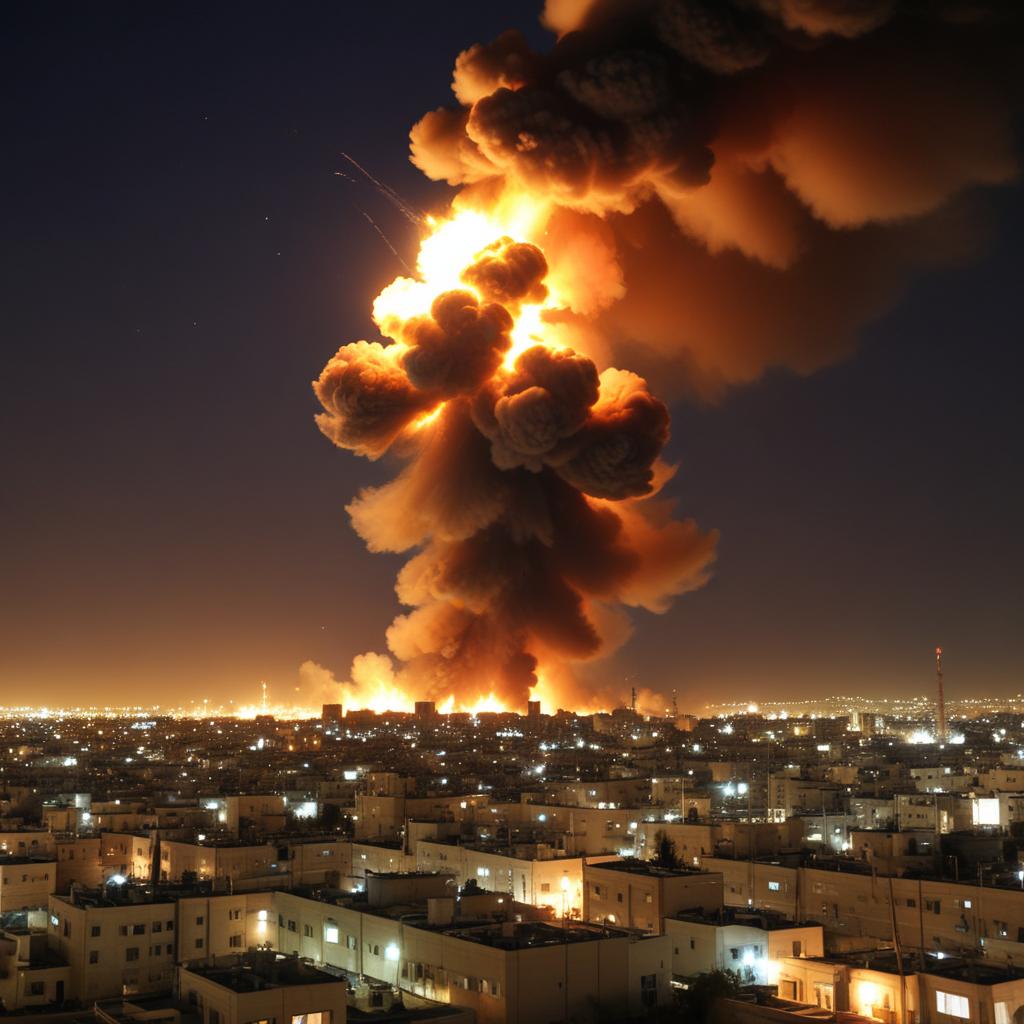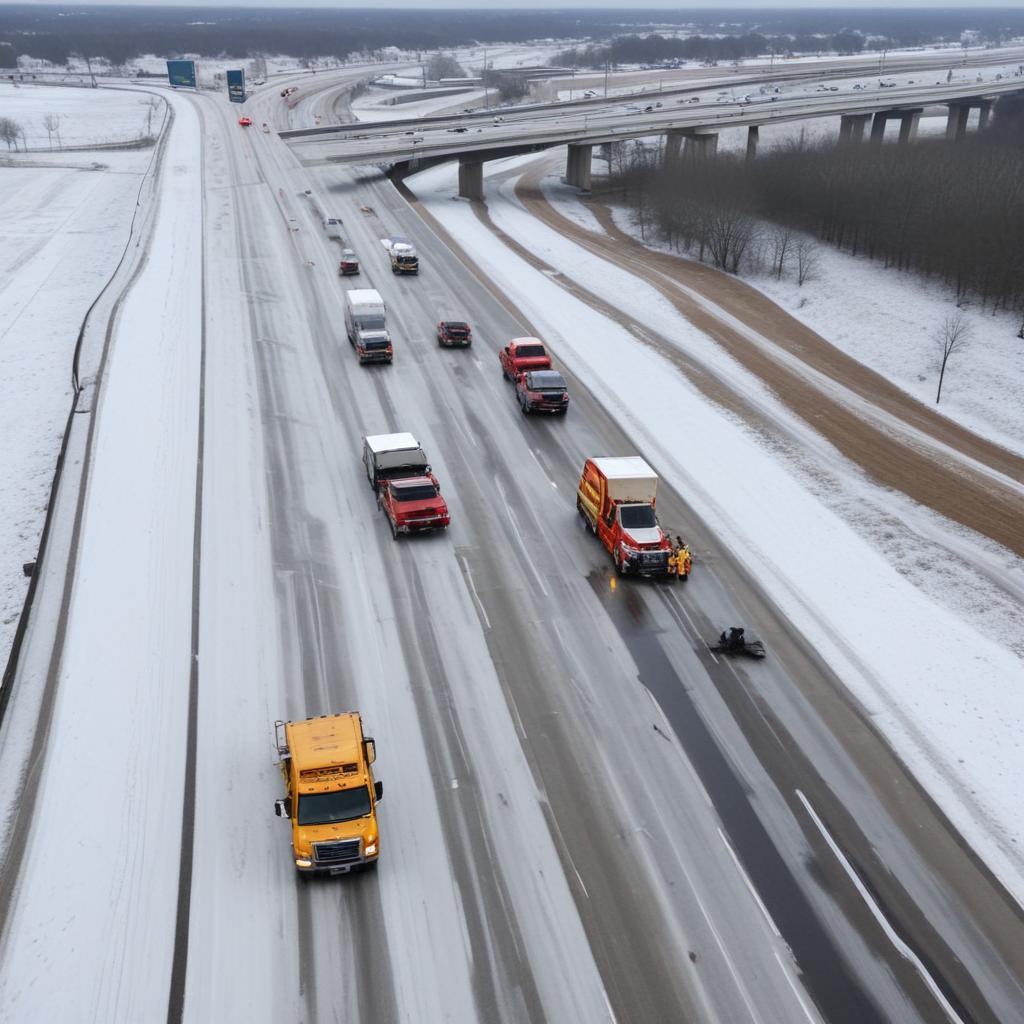
Israel and Iran in All-Out War: Death Toll Soars as Cities Burn
A devastating conflict between Israel and Iran rages on, causing widespread destruction and mounting casualties. Israel claims significant damage to Iranian military infrastructure, while Iran retaliates with attacks on Israeli targets. The US remains cautiously supportive of Israel, while international efforts to de-escalate the conflict face challenges.





